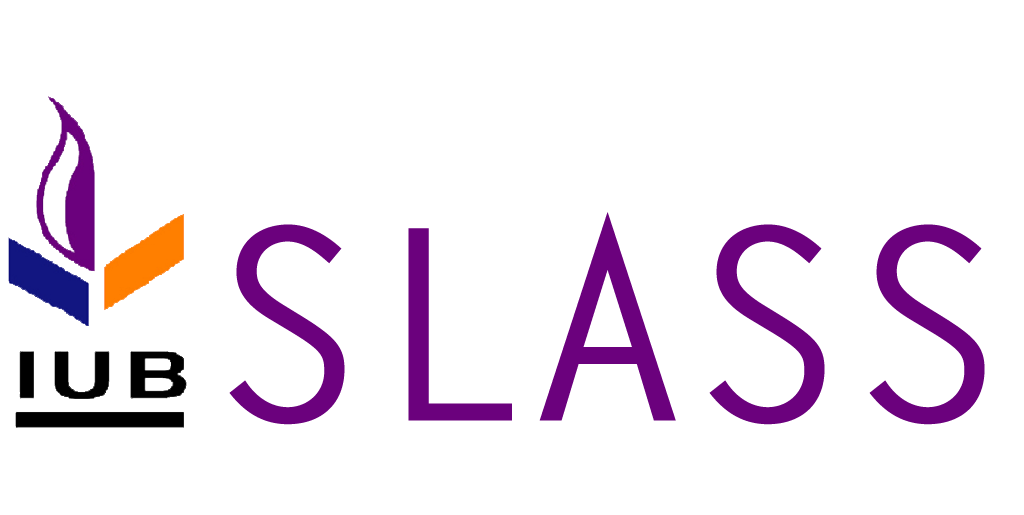Minor Course
| Sociology Minor – 15 credits |
| One Mandatory Course |
Introductory Sociology is designed to acquaint the beginning students with the major concepts and theories. With a brief discussion of its history and contributions of the major sociologists the course introduces the students to the methodology of social research. The course then looks at the major concepts, like culture, groups, socialization, deviance and social control. The next section deals with social inequality in terms of social stratification, global inequality, and inequalities among ethnic groups, gender and of age. It then moves to the different institutions like, family, religion, education, economy, and government and politics. The next section deals with population, environment, urbanization and finally with collective behaviour and social movements and social change.
Two courses from the following ( 200 Level )
This course examines how individuals perceptions, belief systems, identities and behaviours form the orders of gender, age, race and placements: their roles within the institutions of family, work, religion and community. Various theories in social psychology are used to examine the issues of socialization, conformity and deviance, aggression and altruism, prejudice and discrimination, group interaction and dynamic, group productivity, satisfaction and motivation and leadership.
The course examines the theories of gender: the historical, social and cultural construction of gender roles and the effects of these constructions on men and women’s health, education, employment, personal relationships and their political and legal rights: how the gender specific behaviour are reinforced and practiced by various social organizations and institutions. Specific emphasis will be given on feminist movement in Bangladesh, feminization of poverty and violence against girls and women.
The course examines different ways of understanding and analyzing urban life and development and its impact on human behaviour. A segment of the course analyzes the physical and spatial structure of he city, urban land use patterns and their change over time: how urban diversity that structure urban areas is produced by the social and behavioural relations such as social class, family, neighbourhood, network, race and gender. The course also introduces the students to the principles and practices of modern urban planning with a focus on land use, transportation, housing and real estate development, and overall environmental planning and management.
This course is designed to study major demographic processes of fertility, mortality and migration with reference to population resource trends and policy in Bangladesh. Students will examine demographic patterns an processes and their relationship to natural resources in many world regions with specific focus on the case studies of China and India.
This course takes a sociological and psychological approached to the study of context, levels and process of communication, with emphasis on factors affecting mass communication and media; nature and types of group and organizational communication, media use and social impacts of new communication technologies.
Acquaints students with how conceptions of health and illness in a society determine ways the ill are viewed and illness are treated, who the healers are and how they are trained. The course will deal with social psychological aspects of illness an the relationship between religion, class, gender and age when and how public health policies were formulated in Bangladesh with emphasis on current health care and social policy.
Two courses from the following ( 300 Level )
The students are introduced to the logical sequence of the research process and the value of using research for scientific knowledge building. The course covers the connection between theory and social research; ethical issues involved in conducting research relating to diverse population; quantitative and qualitative method of inquiry, data analysis and writing scientific reports.
The course contents include, Introduction to the basic concepts of social inquiry: theory-hypothesis, empiricism, generalizability, probability, causality, induction, deduction. Key Issues : purposes, time dimensions, units of analysis or research. Social science research approaches : paradigm, theory and practice. Conceptualization, operationalization, validity, reliability and measurement. Research Process: from the research question to writing proposal to preparing the scientific report. Research Designs: Quantitative, qualitative and mixed methods of research- data collection techniques, data analysis and interception of research results. Ethical considerations and scientific report writing.
This course introduces students to the interactions between physical environment, social organization and social behaviour. It focuses on human and natural capital., livilihood and economy, and technology, development and environment. Specific emphasis will be given on sustainable agriculture: environmental consequences due to natural hazards and disasters and community adjustments to their physical environments; sustainable development and politics of environmentalism.
This course is designed to study the theoretical and substantive issues related to the origins and dynamics of emerging economic systems and the global society; the placement of global society in social, cultural, economic and political life and its implications for nations, states and national political communities. The course emphasis will be on the state, society and market; globalization and diversity; corporate capitalism; development, underdevelopment and dependency; immigration flows, assimilation pluralism, exclusion; cultural diffusions; cultural lag; cultural bazaar.
This course introduces the students to social organization discourse; organizational systems-the contingency approach, structural and contextual dimensions. It examines the relationship between organization and the individual; organization group dynamics and power; organizational culture in relation to social class, family formation, gender relations, work and the economy.
Acquaints students with what is social marketing; methods and problems; social responsibility of marketing needs, rights and ethics ; the interface between environment, society and business; social marketing and community development; social marketing plan; the social product; eco-consumerism; costs, promotion and advertising; regulation and marketing ; privatization of health care and education.
| Anthropology Minor – 15 credits |
Definition and scope; Historical formation of anthropology; anthropology and colonialism; Major Subfields: Cultural Anthropology, Physical Anthropology, Linguistic Anthropology and Archaeology; Anthropology and other Disciplines; Theory and methods in anthropology; Core Concepts: Culture, Marriage and Family, Kinship, Descent and Social Structure; Economic Systems, Political Systems; Applying Anthropology: Applied Anthropology; Recent Trends in Anthropology: Changes and Direction.

